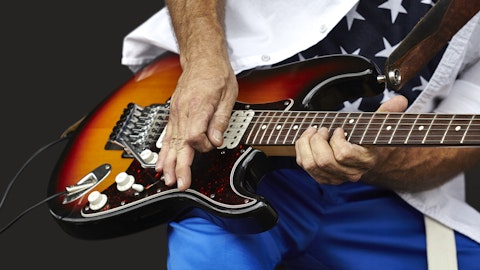If you plan to visit Germany, the list of 15 easiest German words and phrases to learn for tourists will be very useful to read.
Have you ever been in a situation to visit a foreign country without knowing a word in their language, realizing how bad idea that was? Honestly, I have, and I wish I had learned at least the basics since not everyone on this planet speaks English. Sometimes, you just need to know the direction; you are lost and searching for your hotel or you simply cannot manage to find certain attractions that you want to visit. In those situations, it would be useful to know how to say at least “where”, but you can’t because you have not been preparing yourself for it. Of course, that can always turn out to be an adventure and experience to remember, but I would not let myself do the same thing again. My advice is, when you travel, travel smart and plan the details if you want to enjoy the cities and places more. We also provided the list of 11 Easiest Languages to Learn for Anyone, so you may check it if you want to learn a new language or improve the current knowledge.

Copyright: vadymvdrobot / 123RF Stock Photo
Apart from being bilingual, a person can also be trilingual, multilingual or a polyglot. ILanguages provide the statistics regarding the people who speak one or more languages, saying that there are 40% of people who are monolingual, 43% bilingual, 13% trilingual, while only 3% of the world population speaks more than four languages. Polyglots, that is, people who fluently speak more than five languages are definitely hardest to find since there are only around 1% of them in the world. Knowing more than one language today is a great advantage in several aspects. It’s not just that knowing the additional language will make it easier when you travel, but it can also help you improve your job or study opportunities. One Live Science article even says that speaking more than one language is the same as the brain “bodybuilding”, and that it helps the brain development. There is also the notion that bilingual people have better academic performance, and that they manage to solve certain tasks faster than people who speak only their native language. I know that it is very easy to acquire more than one language fluently when you start learning as a child, especially if your parents are bilingual or speak different languages, but if you are persistent and organized enough, you may as well learn a new language as an adult.
Of course, I am aware that learning several easy words and phrases for the touristic purpose is not the same as learning a new language or being bilingual, but maybe some of you will be inspired to learn German after reading this list. This is a very specific language, with a very specific pronunciation, long and untranslatable words. I even learned some of them, and I was impressed with the word “weltschmerz”, which stands for the sadness or pessimism when people are aware of the fact that the world will let them down and that there will be nothing to do about that. This is not an easy word at all, but it sounds cool, so you may use it if you want to impress your friends.
Since it is really hard to define what easy actually means, regarding the fact that it depends on certain individual abilities and backgrounds, I buckled down to make this list of easiest German words and phrases to learn for tourists. I gathered information from numerous websites, such as ielanguages, Fodors, FluentU, and managed to make the new list based on the most common words and phrases offered. I also searched for some pieces of advice from TripAdvisor and found it very useful. Additionally, one Quora discussion was also very interesting to me, since it provides the numerous ways in which you can easily acquire the German language.
Get prepared to find out what are the easiest German words and phrases to learn for tourists!
15. Tag/Hallo
Hi/Hello
14. Ich heiße…
My name is…
13. Wie heißen Sie?
What is your name?
12. Sprechen Sie Englisch?
Do you speak English?
11. Ich spreche kein Deutsch.
I don’t speak German.
Deutch /dɔɪ̯t͡ʃ/
10. Ja/Nein
Yes/No
9. Danke (schön/sehr)
Thank you
8. Bitte schön
You’re welcome
7. Bitte
Please
6. Frühstück
Breakfast
5. Mittagessen
Lunch
4. Abendessen
Dinner
3. Wo ist/Wo sind?
Where is/Where are?
2. Wieviel kostet das?
How much does that cost?
1. Haben Sie Andenken?
Do you have souvenirs?
Enjoy your stay in German-speaking countries with these 15 easiest German words and phrases to learn for tourists!





